Every car brand worth its salt is in the process of going green, largely because of shifting market demands but also due to increasingly strict environmental regulations.
While the most visible trend is the transition of powertrain technology from internal combustion engines to battery electric or some other green tech like hybrids, plug-in hybrids and hydrogen fuel cell.
But for a number of automotive manufacturers, there is a lot happening behind the scenes to sharpen the focus on climate action and sustainability.
From low-carbon factories to genuine carbon-neutral goals – we take a look at just some of the measures brands are taking to reduce the environmental impact of vehicle mass production.
Green factories already operating
Making cars requires an enormous amount of energy and that’s why car brands are focusing efforts on changing how vehicles are manufactured.
BMW is positioning itself as one of the world’s greenest car brands, which was helped more than a decade ago when it built the architecturally designed and environmentally friendly Leipzig, Germany plant.
BMW i3 and i8 (since discontinued) production at Leipzig is powered by purpose-built wind turbines at the site and it even has its own bee colony. The San Luis Potosi, Mexico plant is partly powered by solar panels on the factory’s roof.
Globally, BMW aims to cut CO2 emissions at its production sites by 80 per cent by 2030, and help its partners drastically reduce emissions produced during steel production. BMW is also ensuring more parts are recyclable, including the materials in battery cells.

At its BMW Brilliance Automotive joint-venture plant in China, employees plant peanut trees in unused spaces around the factory and then use the income from the crops to fund social infrastructure projects.
Fellow German giant Daimler, parent company of Mercedes-Benz, has committed to ensuring all its German plants are CO2 neutral by 2022, and any newly built plants will also be carbon-neutral. This is achieved through purchasing renewable energy and by fitting solar panels on the roof of some plants.
Volkswagen Group is transitioning its Wolfsburg plant – which has its own on-site coal power station – to natural gas and steam turbines.
VW has been remanufacturing used parts like gearboxes for years, and it scours its plants for ways to reduce waste. It also uses liquefied natural gas-powered ships to export its cars around the globe.

US carmaker General Motors recently announced it would transition its global plants to 100 per cent renewable energy by 2035.
It’s updated Hamtramck, Michigan site, now called Factory Zero, will utilise stormwater to reduce water usage and lower treatment costs for the town. It also uses CarbonCure, a concrete that absorbs 25 pounds of CO2 for every cubic yard laid.
Another American manufacturer, Tesla, is seen as the greenest car company in the world as they build electric vehicles exclusively. Some of their manufacturing operations are also pretty green, including the Nevada Gigafactory that will be covered by solar panels by its completion.
Green plans for the future
Volvo’s electric performance car brand Polestar recently outlined bold plans for a zero-carbon future with its Polestar 0 Project.
Rather than reducing its carbon footprint by tree planting or other schemes that rely on the CO2 intake of crops, Polestar will eliminate all emissions through the supply chain and vehicle production through other means.
The Swedish brand says it will incorporate “innovative and circular design, including circular batteries, recycled materials and renewable energy across the supply chain”.

Japanese giant Toyota’s Environmental Challenge 2050 will see the company eliminate all CO2 emissions from manufacturing plants, and to promote its end-of-life vehicle treatment and recycling tech across the globe.
By 2035, Ford will use renewables to power all of its factories around the world. The Blue Oval also plans to only source raw materials that are responsibly produced, only use recycled or renewable materials in vehicle plastics and reach zero waste to landfill across all its operations.
Nissan’s Tochigi plant in Japan will use the Nissan Intelligent Factory initiative that incorporates fully electric plant equipment and more by 2050.
EV startup Rivian has some interesting sustainability plans, including one to grow food at its Normal, Illinois plant that will be used to feed its employees.
It has also signed up to an initiative that will see its old vehicle batteries re-used for solar energy storage in Puerto Rico. Another initiative is a plastic recycling scheme that will collect 500,000kg of single-use plastic by 2024 and turn it into containers to move parts at its production facility.



.jpg)








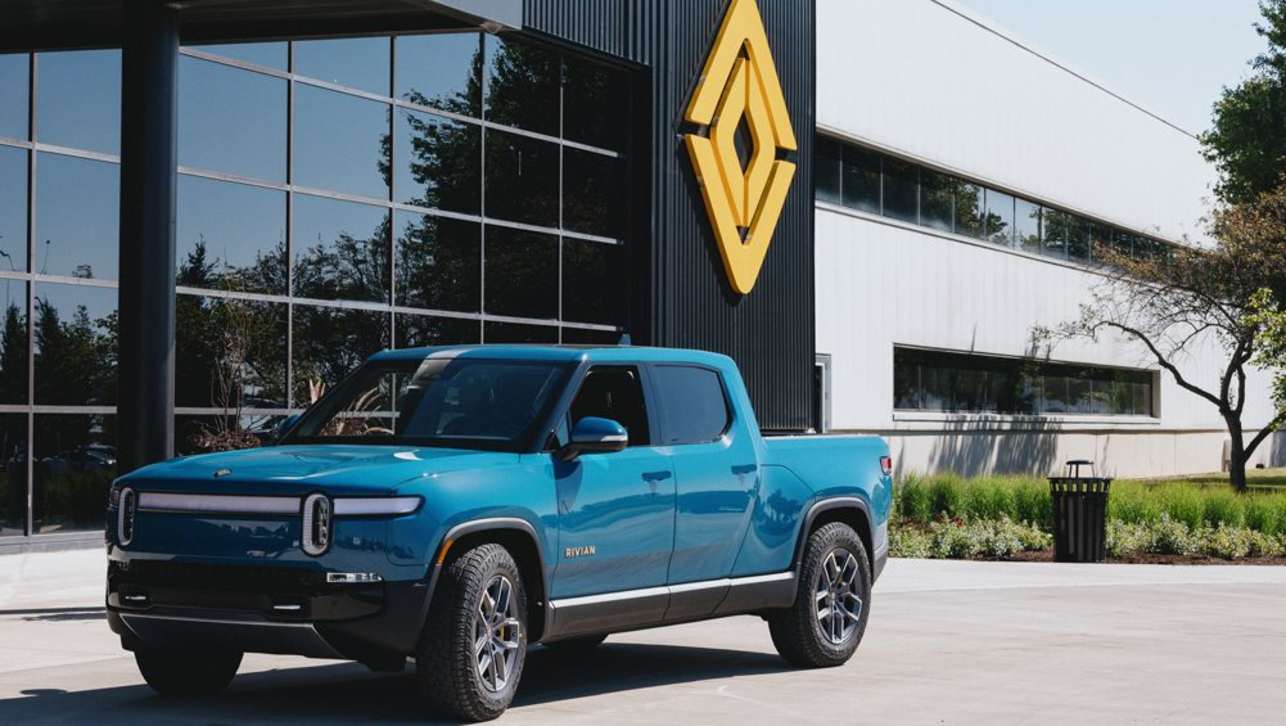
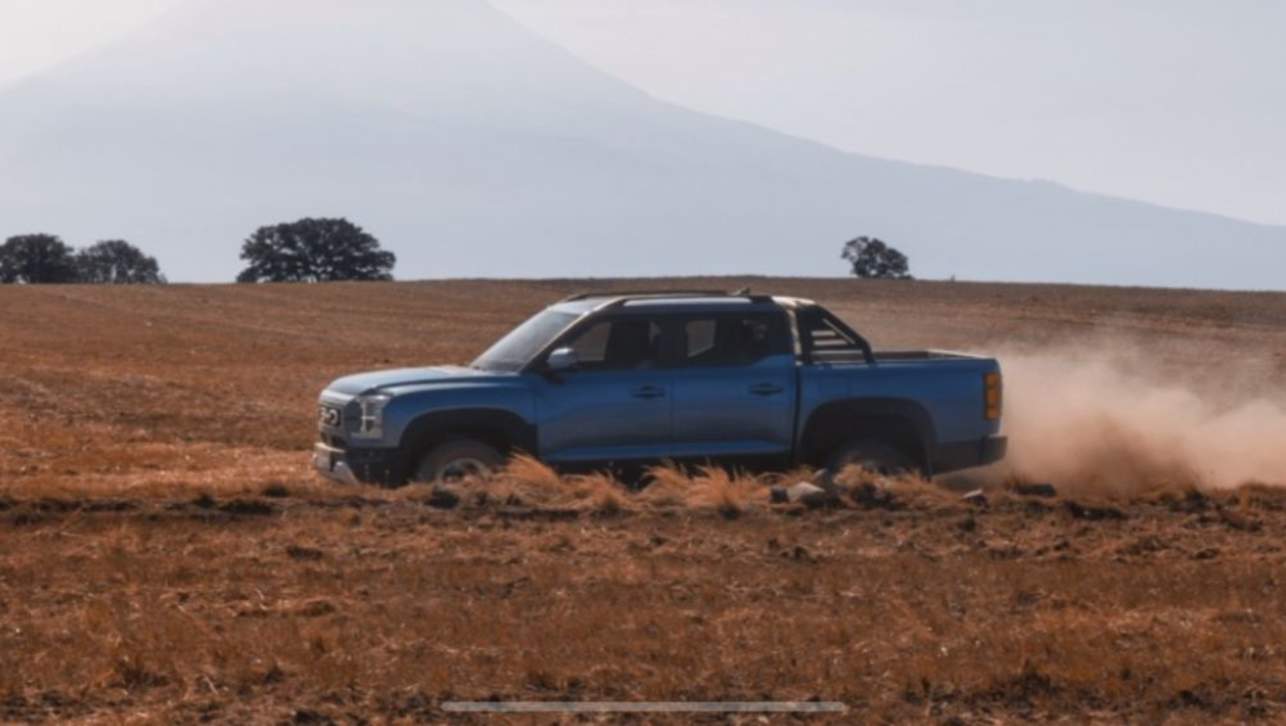
.jpg)
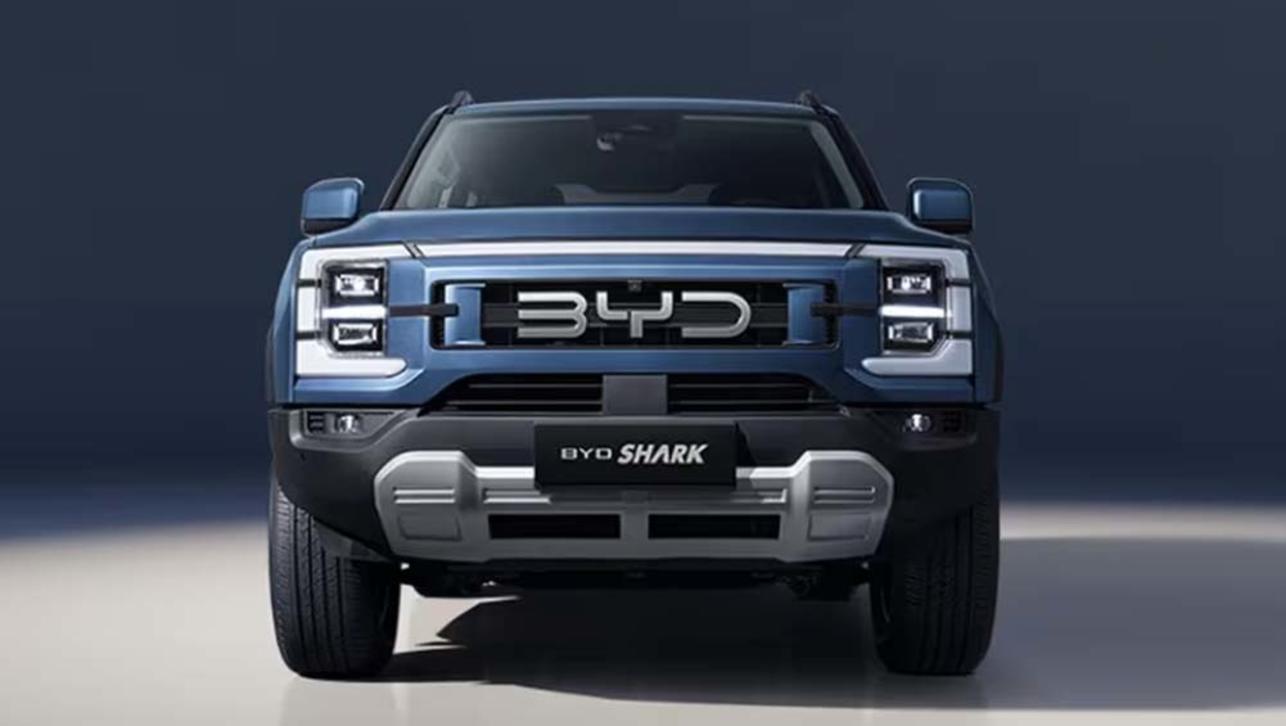
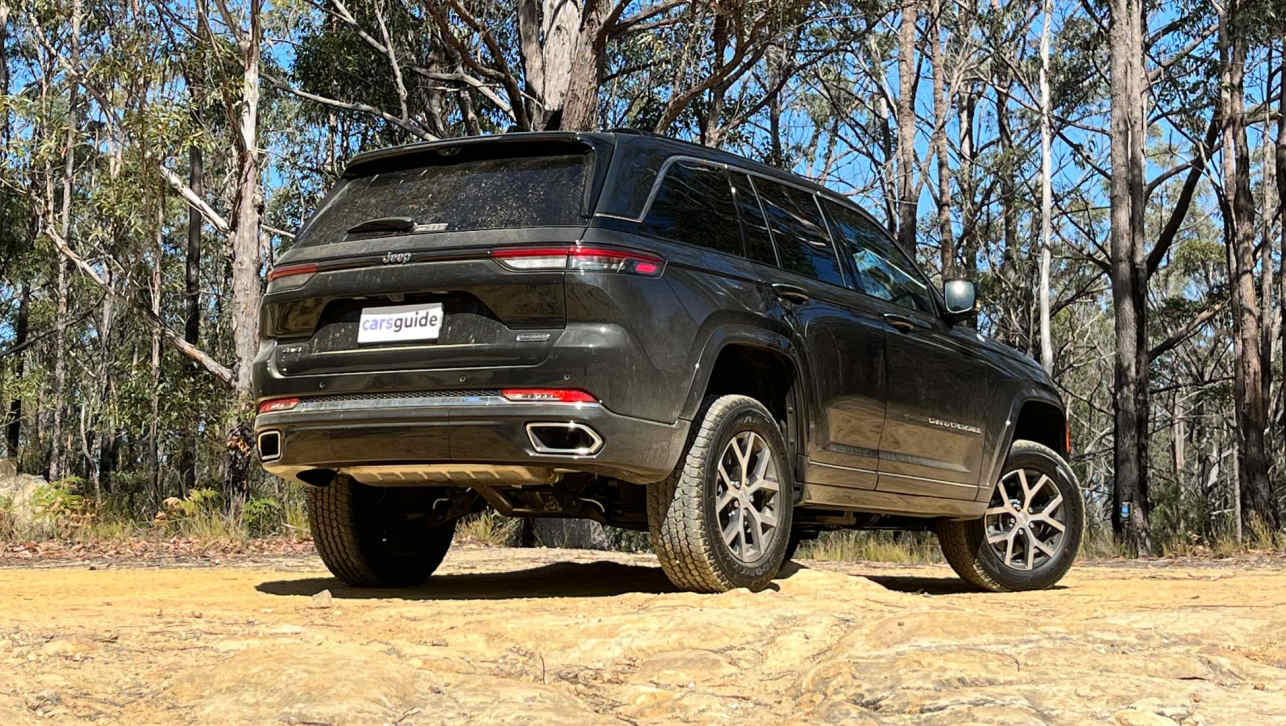
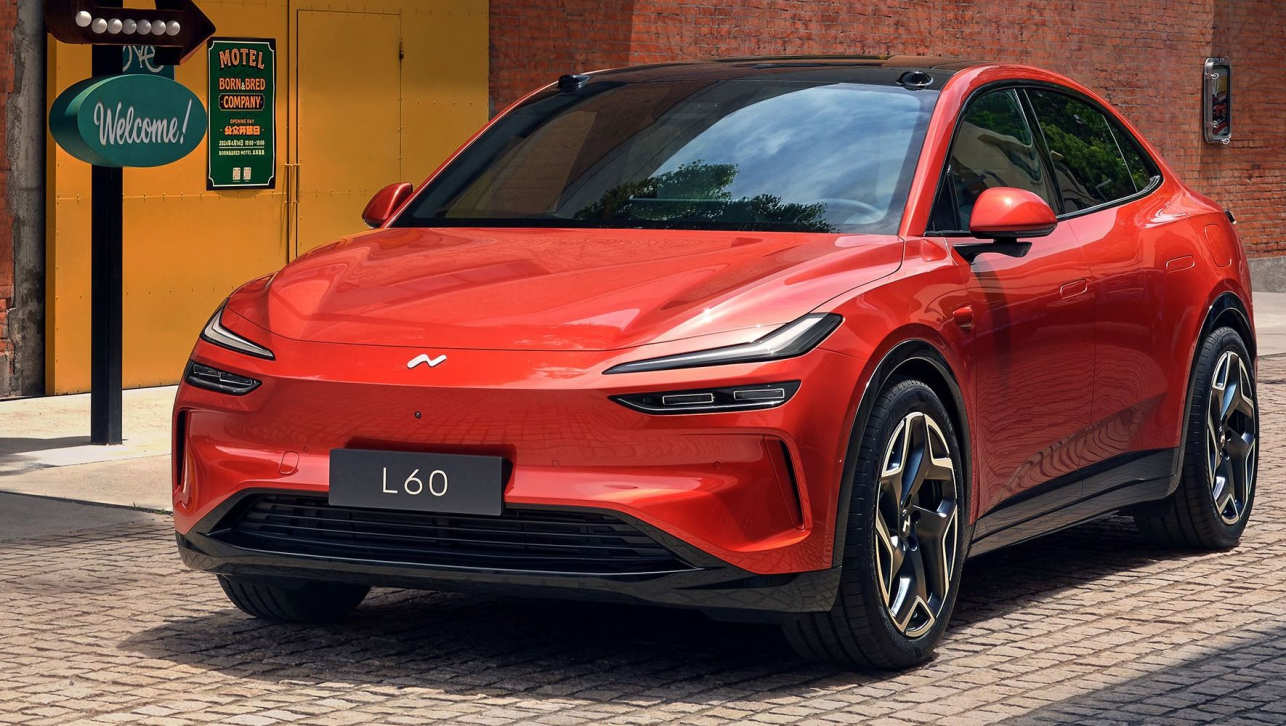




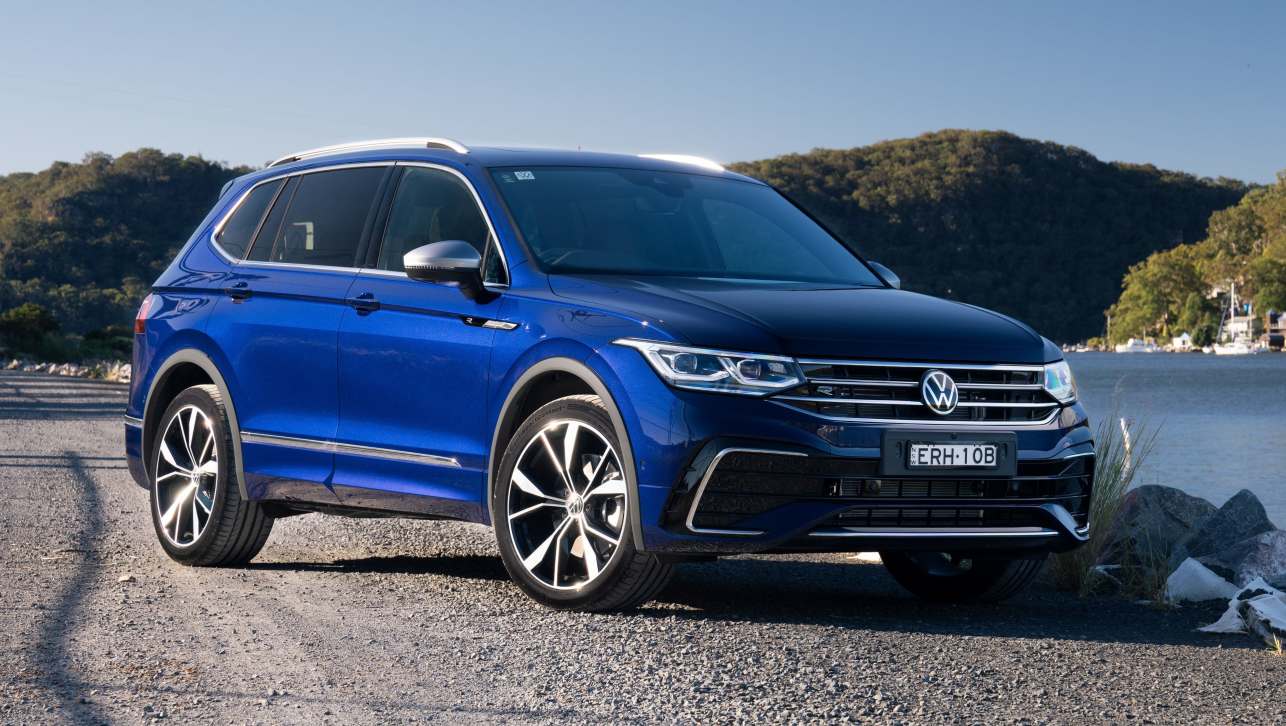
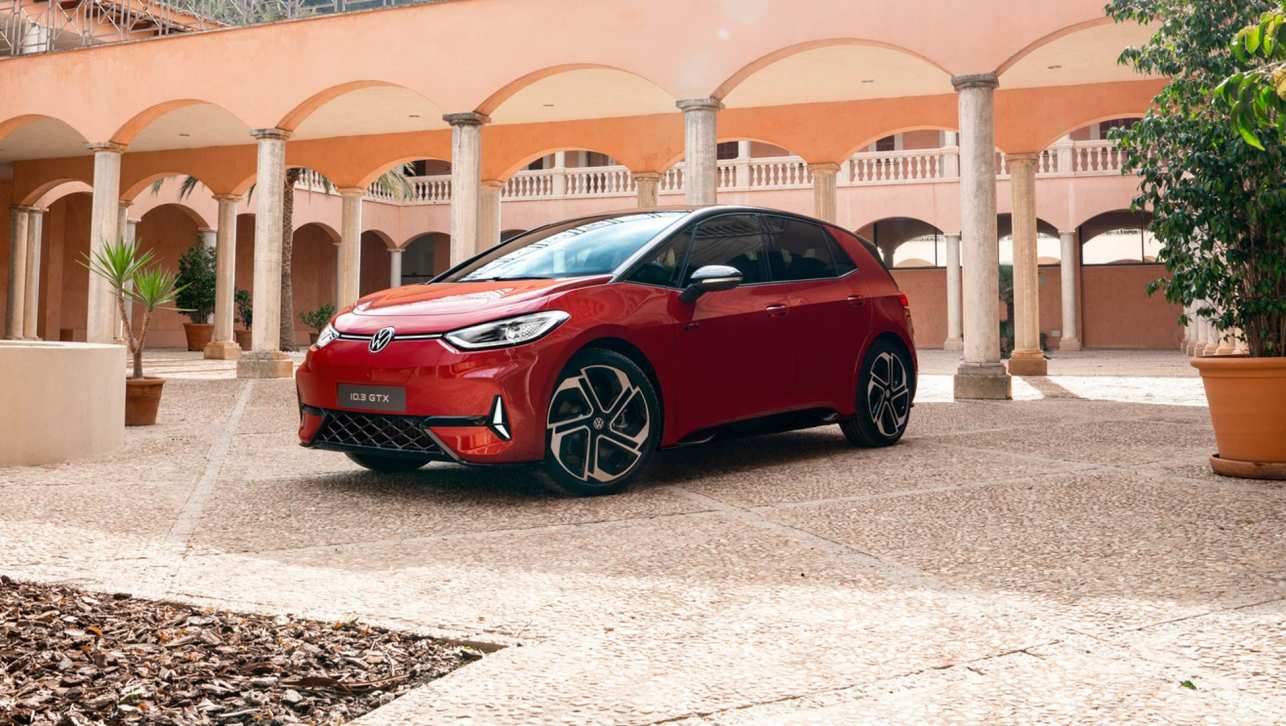
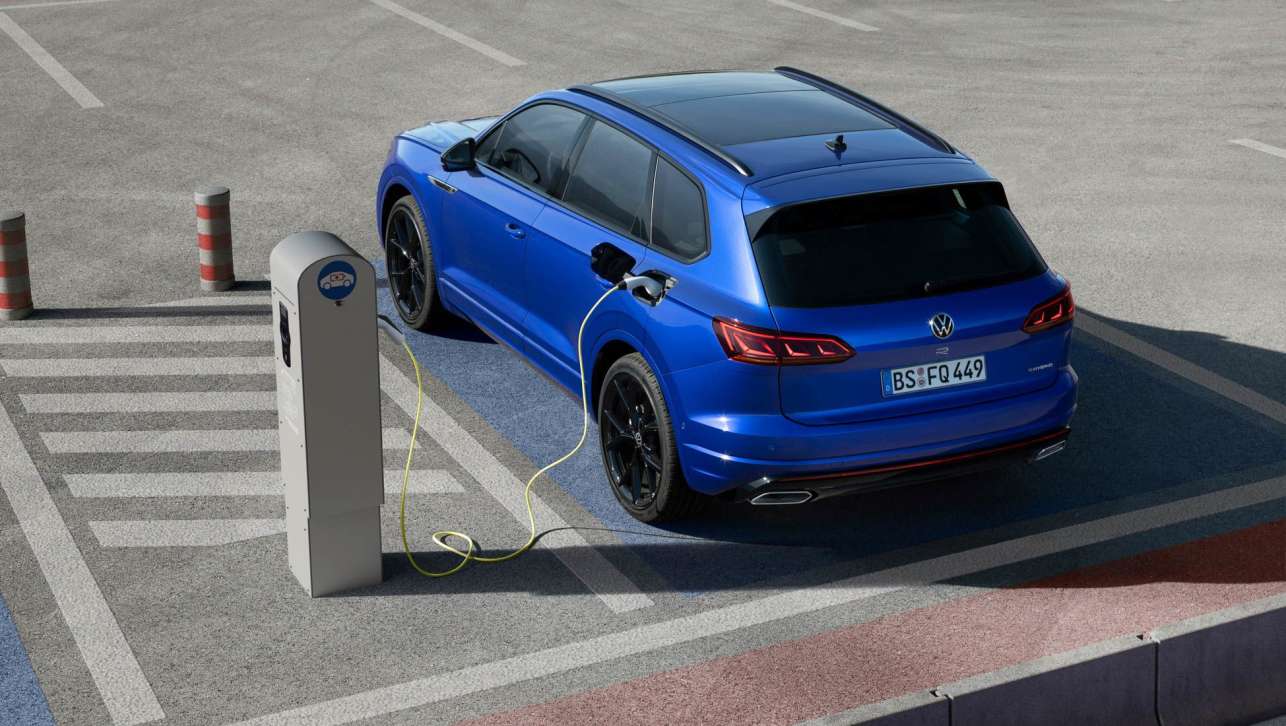
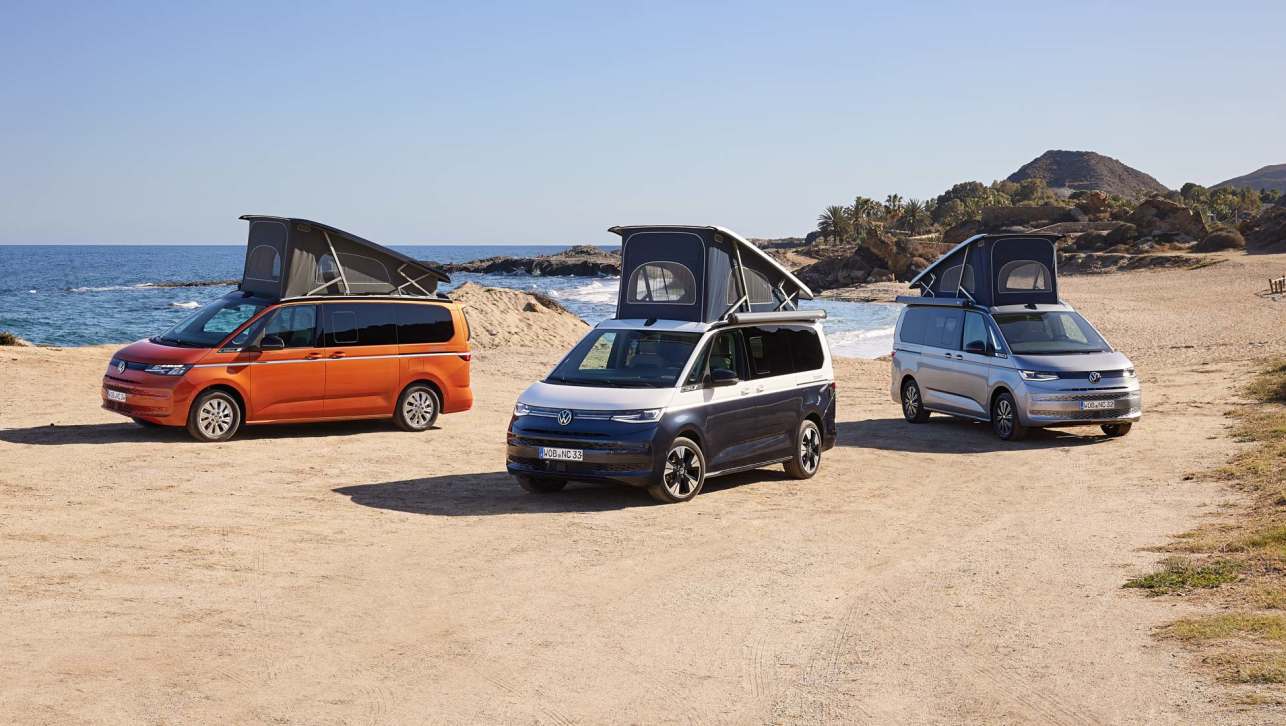



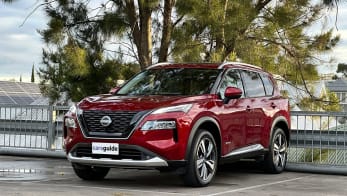
.jpg)
Comments